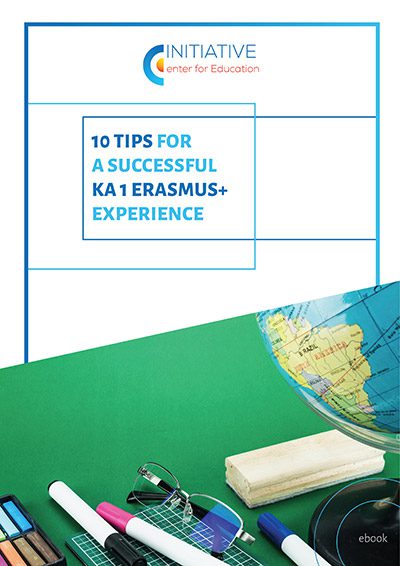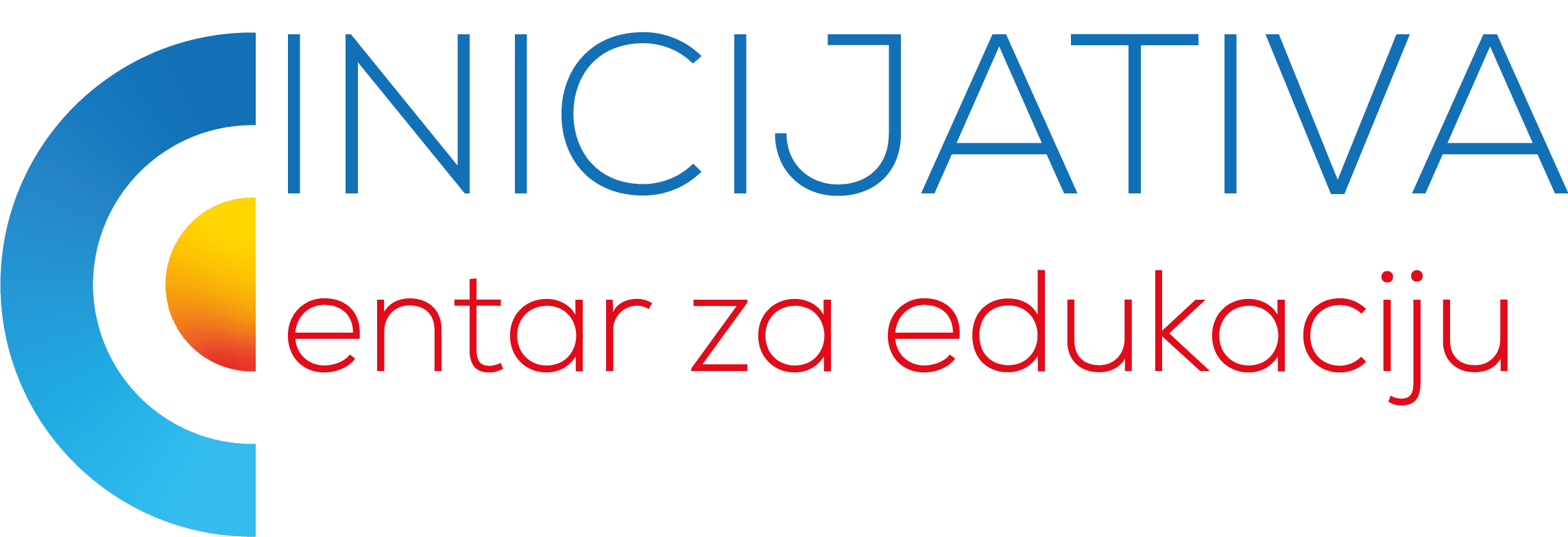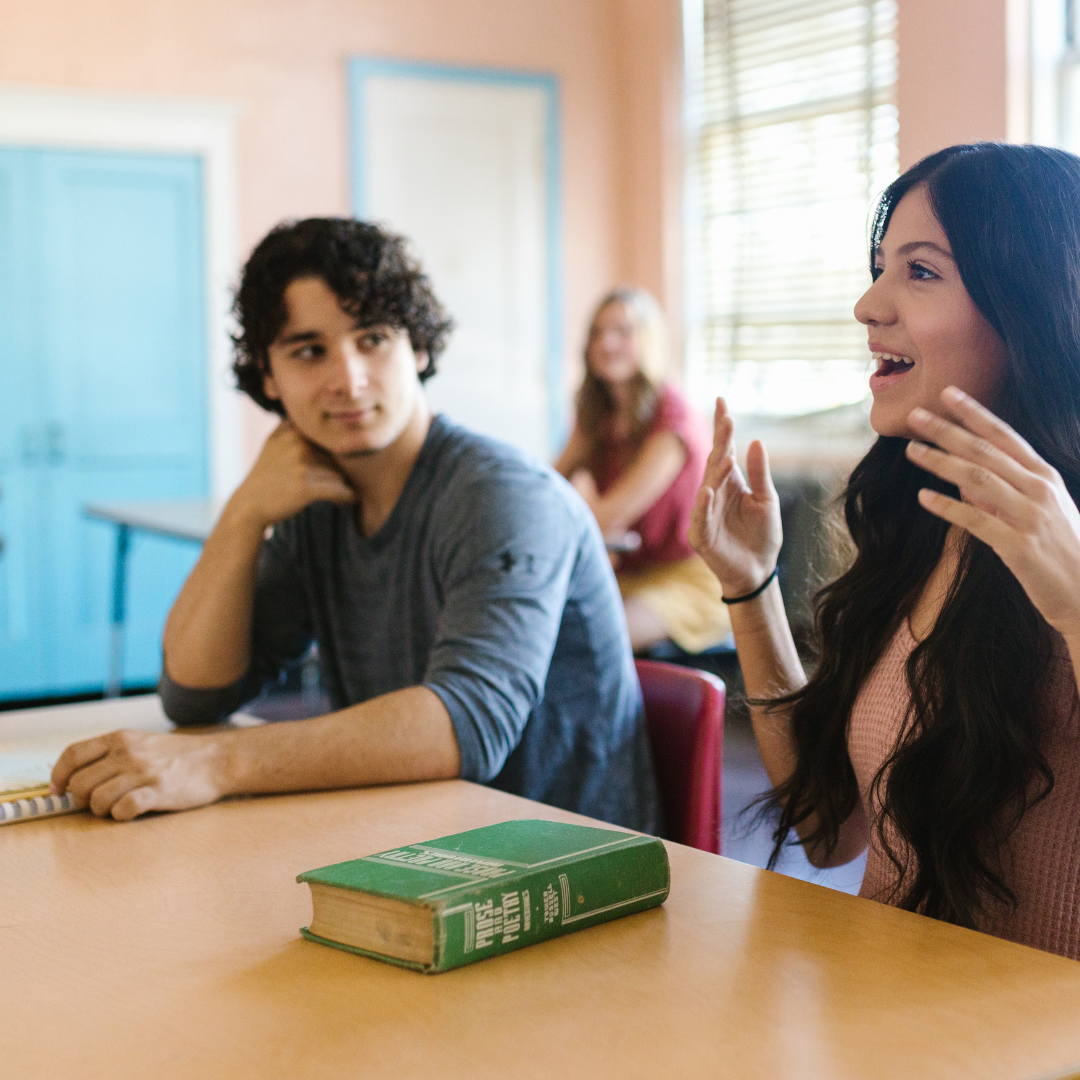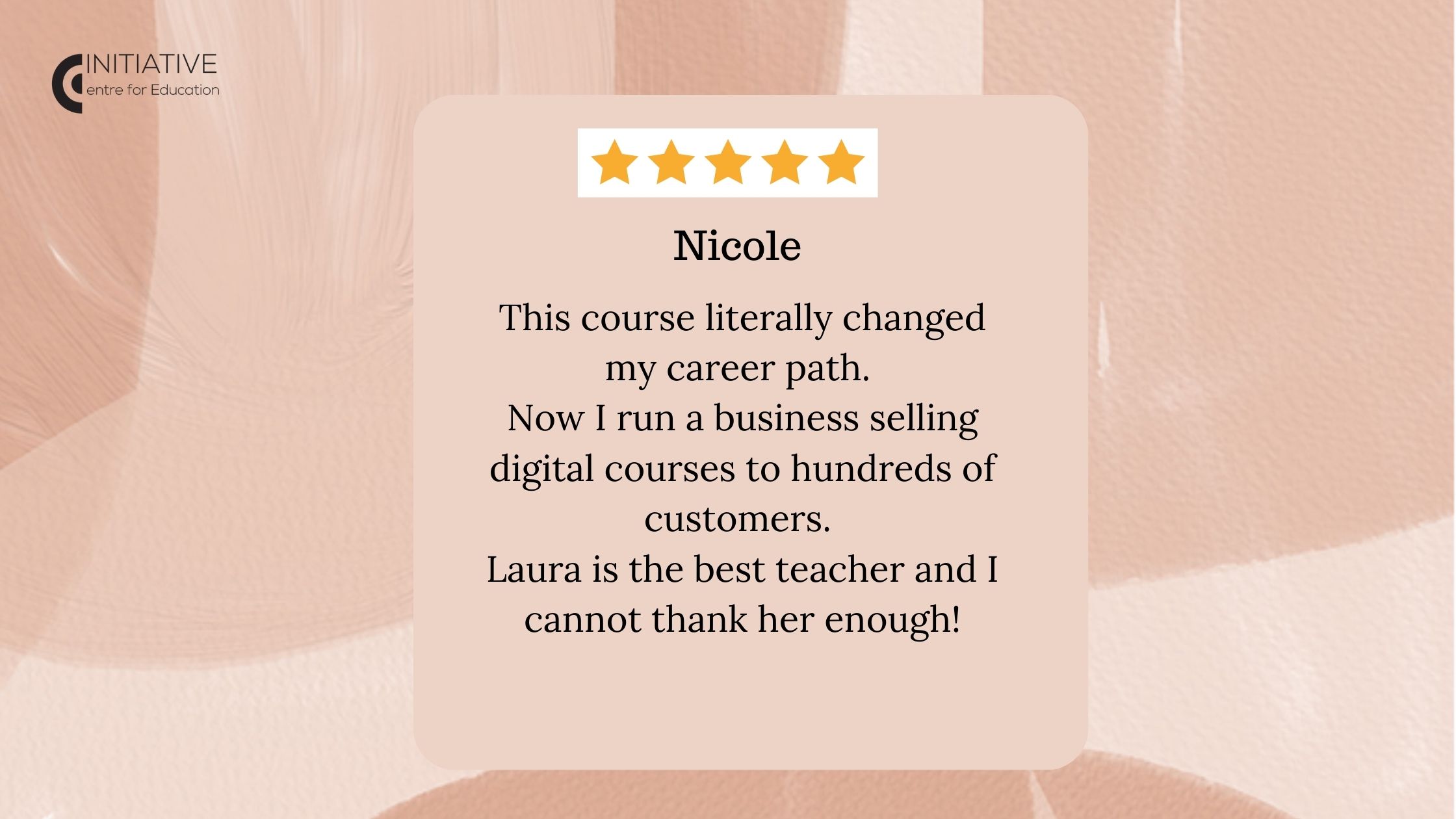How to find a good training (host) organization Erasmus+ courses
Finding good, reliable and qualified training organization is not easy. Nowadays, a lot of educational organizations are not just providing education for their general target group, but have evolved into training institutions, having professionals with years of experience and knowledge that is worth sharing and developing.
However, choosing the right host organization is crucial for your experience.
Look for references
Make sure you are checking the references. Having social proof (ratings) displayed on webpage can help you see what kind of experiences have past participants had. Also, some organizations might be ideal for your needs, but might not work for somebody else. Do thoroughly your research. You don’t want to go to Erasmus + and just get back with a bag of goodies. You want to be inspired and get tools and skills that will serve to you and your organization in future work. It is an investment.
Price is not irrelevant: Even though Erasmus + is covering all the expenses, you don’t want to be careless with the prices. Prices of the courses can tag from 300 – 1300 € and it really depends what package you are getting. For example, it might seem a lot to pay 1300€ for 7-day course, but keep in mind that for that price you are probably getting a full package. Meaning, all meals included, accommodation covered, cultural visits organized for you. You basically have to get there and enjoy. So before agreeing to pay so much for the course, make sure what is maximum amount your National Agency is covering for the course fee. If the course fee with full package is over maximum, then you will have to reallocate your budget for the course fee from Individual support from the project.
Some courses might be very cheap, make sure why is it so. They might offer just a course, and you will have to take care of the accommodation, meals, breaks, networking activities etc. If you don’t mind, then you should have no hesitations. So first of all, make sure you are getting fair quality for certain price.
Pay attention to the communication: before writing your application, learn about your partner organization. Partner organization is responsible for providing you with Job Shadowing or Training Courses. You can search for partners here and here and here. Once you find a couple of organization that you like, take action and contact them. Communication is a key of every partnership. And that starts from the beginning and first contact. If someone is taking longer then 2 days to answer you, it’s better not to push it, but to find organization that will be willing to cooperate and have active communication with you. The last thing you want is not to get answers from partners on time. That is important in every step from arranging traveling to payments, contracts etc. If you have to wait for answer to come days and days, collaboration will not go smoothly. So contact your potential partner organizations and ask them about their offer in detail. About their references, about their prices, about their prior help in writing proposal, about partnership agreement.
Dowload our new eBook: 10 Tips for a successful KA1 Erasmus+ experience

By signing up you accept our Terms of Use
















 but I assure you, you won’t need to become a vampire to participate. This activity is created for people who want to learn good practices from their colleagues in other similar European organizations. You will most likely be participating on meetings, classes and back office activities and tasks. This way – learning by seeing, you can implement newly learned skills and practices in your organization when you get back home.
but I assure you, you won’t need to become a vampire to participate. This activity is created for people who want to learn good practices from their colleagues in other similar European organizations. You will most likely be participating on meetings, classes and back office activities and tasks. This way – learning by seeing, you can implement newly learned skills and practices in your organization when you get back home.